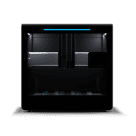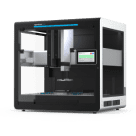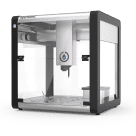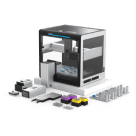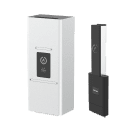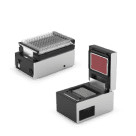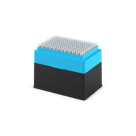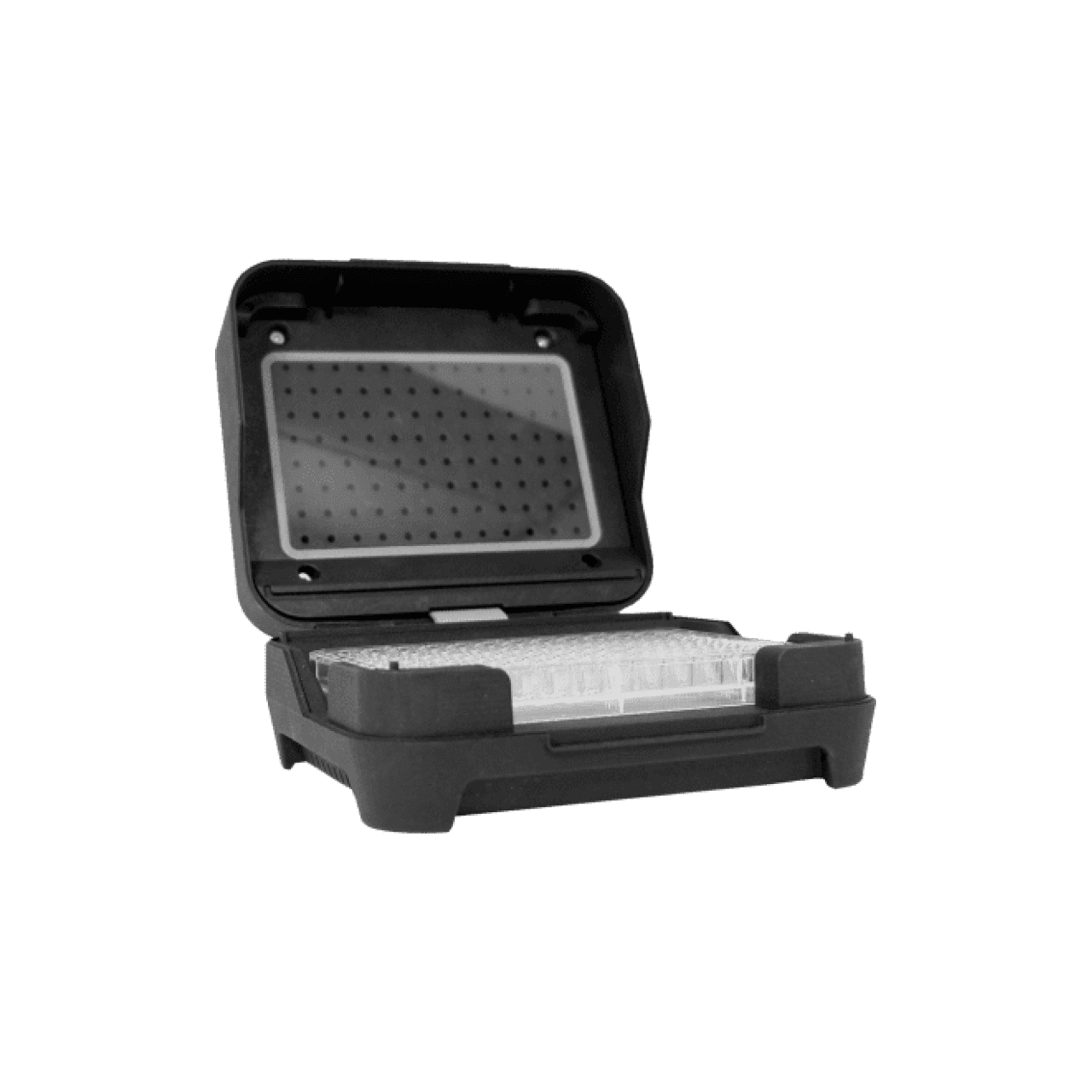Module Setup¶
Loading Modules onto the Deck¶
Similar to labware and pipettes, you must inform the API about the modules you want to use in your protocol. Even if you don’t use the module anywhere else in your protocol, the Opentrons App and the robot won’t let you start the protocol run until all loaded modules that use power are connected via USB and turned on.
Use ProtocolContext.load_module() to load a module.
from opentrons import protocol_api
requirements = {"robotType": "Flex", "apiLevel": "2.27"}
def run(protocol: protocol_api.ProtocolContext):
# Load a Heater-Shaker Module GEN1 in deck slot D1.
heater_shaker = protocol.load_module(
module_name="heaterShakerModuleV1", location="D1")
# Load a Temperature Module GEN2 in deck slot D3.
temperature_module = protocol.load_module(
module_name="temperature module gen2", location="D3")
After the load_module() method loads the modules into your protocol, it returns the HeaterShakerContext and TemperatureModuleContext objects.
from opentrons import protocol_api
metadata = {"apiLevel": "2.27"}
def run(protocol: protocol_api.ProtocolContext):
# Load a Magnetic Module GEN2 in deck slot 1.
magnetic_module = protocol.load_module(
module_name="magnetic module gen2", location=1)
# Load a Temperature Module GEN1 in deck slot 3.
temperature_module = protocol.load_module(
module_name="temperature module", location=3)
After the load_module() method loads the modules into your protocol, it returns the MagneticModuleContext and TemperatureModuleContext objects.
New in version 2.0.
Available Modules¶
The first parameter of ProtocolContext.load_module() is the module’s API load name. The load name tells your robot which module you’re going to use in a protocol. The table below lists the API load names for the currently available modules.
Module |
API Load Name |
Introduced in API Version |
|---|---|---|
Temperature Module GEN1 |
|
2.0 |
Temperature Module GEN2 |
|
2.3 |
Magnetic Module GEN1 |
|
2.0 |
Magnetic Module GEN2 |
|
2.3 |
Thermocycler Module GEN1 |
|
2.0 |
Thermocycler Module GEN2 |
|
2.13 |
Heater-Shaker Module GEN1 |
|
2.13 |
Magnetic Block GEN1 |
|
2.15 |
Absorbance Plate Reader Module |
|
2.21 |
Flex Stacker Module |
|
2.25 |
Some modules were added to our Python API later than others, and others span multiple hardware generations. When writing a protocol that requires a module, make sure your requirements or metadata code block specifies an API version high enough to support all the module generations you want to use.
Loading Labware onto a Module¶
Use the load_labware() method on the module context to load labware on a module. For example, to load the Opentrons 24 Well Aluminum Block on top of a Temperature Module:
def run(protocol: protocol_api.ProtocolContext):
temp_mod = protocol.load_module(
module_name="temperature module gen2",
location="D1")
temp_labware = temp_mod.load_labware(
name="opentrons_24_aluminumblock_generic_2ml_screwcap",
label="Temperature-Controlled Tubes")
New in version 2.0.
When you load labware on a module, you don’t need to specify the deck slot. In the above example, the load_module() method already specifies where the module is on the deck: location= "D1".
Any custom labware added to your Opentrons App is also accessible when loading labware onto a module. You can find and copy its load name by going to its card on the Labware page.
New in version 2.1.
Module and Labware Compatibility¶
It’s your responsibility to ensure the labware and module combinations you load together work together. The API generally won’t raise a warning or error if you load an unusual combination, like placing a tube rack on a Thermocycler. The API will raise an error if you try to load a labware on an unsupported adapter. When working with custom labware and module adapters, be sure to add stacking offsets for the adapter to your custom labware definition.
Additional Labware Parameters¶
In addition to the mandatory load_name argument, you can also specify additional parameters. For example, if you specify a label, this name will appear in the Opentrons App and the run log instead of the load name. For labware that has multiple definitions, you can specify version and namespace (though most of the time you won’t have to). The load_labware() methods of all module contexts accept these additional parameters.

